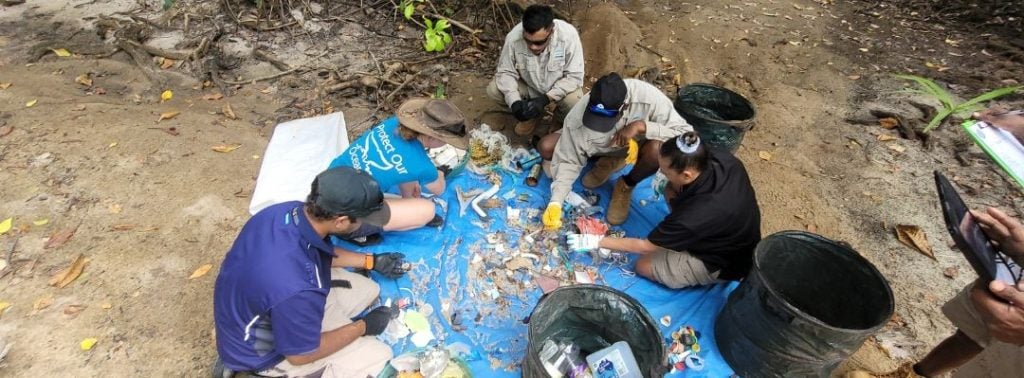CSIRO says plastic pollution on Australian beaches has dropped by a third—but has it really?
The staggering 29% drop, announced recently by CSIRO, is based on just two surveys taken a decade apart, often sampled from different sites. That’s like scooping water from a muddy creek once and then comparing that with water from a beach 10 years later. Concluding that the water is now cleaner ignores that you sampled different spots under different circumstances.
Infrequent sampling, especially if earlier surveys targeted debris hotspots, can make later results look artificially low.
To track real trends, we need regular data collection—not one-off snapshots. The Australian Marine Debris Initiative (AMDI) Database gathers year-round, standardised data, providing policymakers and the public with a clearer, evidence-based view to drive policy, clean-ups, and community action.
So before celebrating a drop in beach litter, let’s ask: do two surveys in ten years really paint the full picture? We need a more robust, long-term approach to confirm the true state of plastic pollution on our shores.
Pictured: Tangaroa Blue staff and the GMYPPBC Rangers analysing marine debris data for the Australian Marine Debris Initiative (AMDI) Database at a regular monitoring site.

